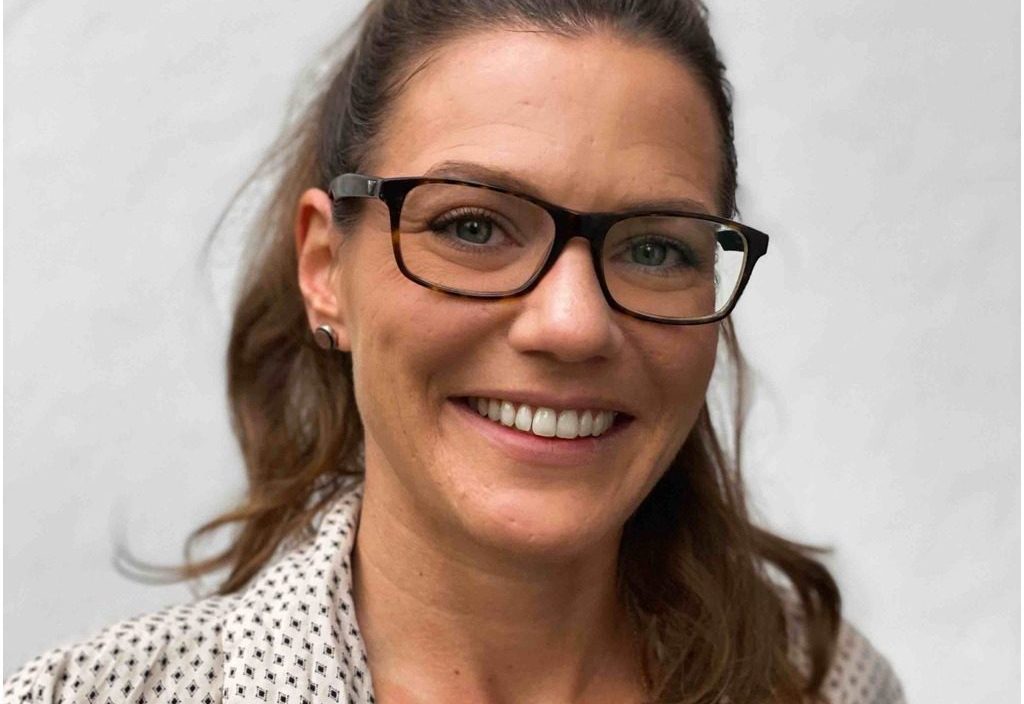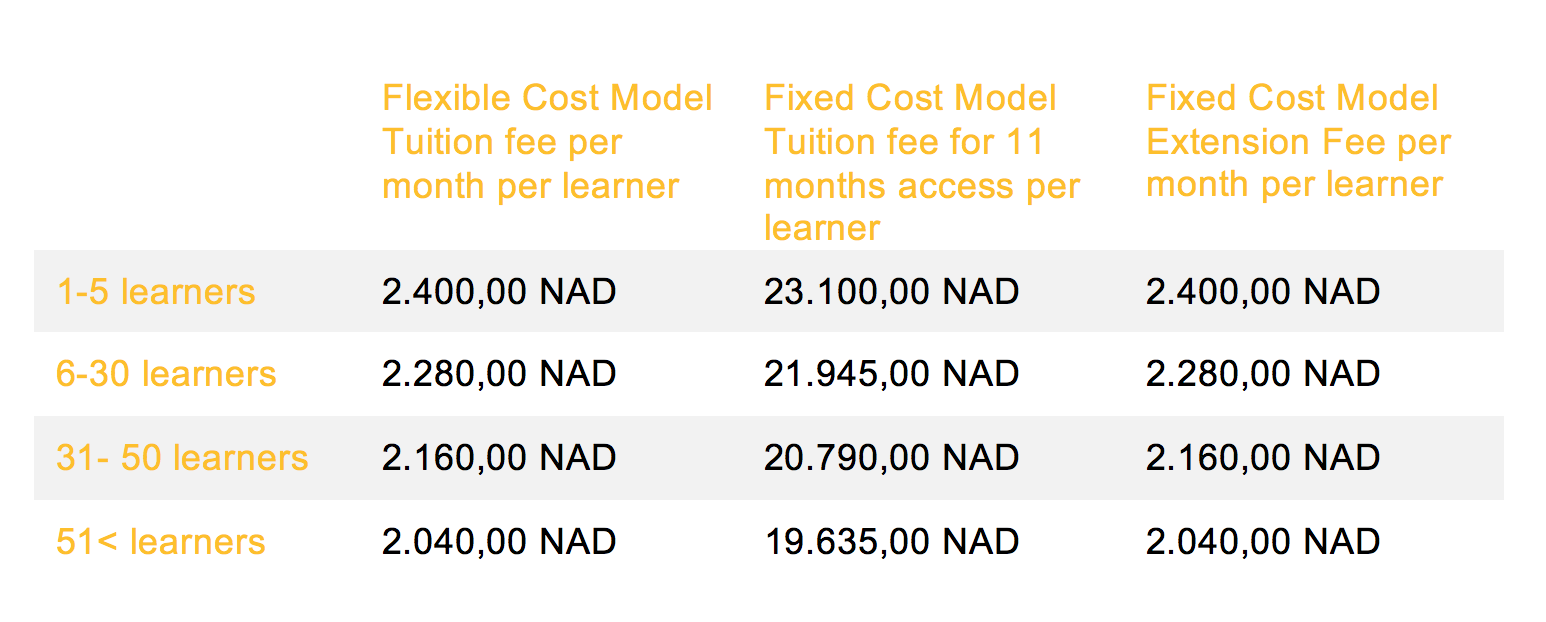Dual Vocational Training in International Food and Beverage Operations
Introduce your learner into the world of food and drinks and provide your guests not only with food but with a meal experience
FAQ
Anytime
Dual Vocational Training
–
E-Learning and On-the-Job Training in your establishment and according to our training standards or beyond
- Learner’s English proficiency in speaking and writing
- Practical Training Agreement between you and the trainee
- Training Partnership Agreement between you and us
- Successful verification as one of our registered employer establishments (for details please
contact us info@kambakucollege.com) - Provision of a Practical Trainer through your establishment (Required Experience: Completed 3- years dual vocational training on international standards or 3 years hospitality operations work experience in each department to train)
- Provision of a computer device with internet connection and video/picture recording device
through the learner or the employer establishment
36 months
Earliest exit after 24 months; depends on your Practical Training Agreement with the learner
Intake:
Anytime
Delivery Mode:
Dual Vocational Training – E-Learning and On-the-Job Training in your establishment and according to our training standards or beyond
Requirements:
- Learner’s English proficiency in speaking and writing
- Practical Training Agreement between you and the trainee
- Training Partnership Agreement between you and us
- Successful verification as one of our registered employer establishments (for details please contact us info@kambakucollege.com)
- Provision of a Practical Trainer through your establishment (Required Experience: Completed 3- years dual vocational training on international standards or 3 years hospitality operations work experience in each department to train
- Provision of a computer device with internet connection and video/picture recording device through the learner or the employer establishment
Learning Hours:
- Average Learning Time Theory 288 hrs excl. recap & exam preparations
- Minimum Learning Time Practical 1.580 hrs excl. assessment perio
Duration:
Short Programme; Minimum 11 months; depends on Practical Training Agreement
Credits:
272
Certification:
Dual Vocational Certificate of Achievement for International Food and Beverage Operations by Kambaku Hospitality College and Mainporter Vocational Online College of Hospitality
Overview
Introduce your learner into the world of food and drinks and provide your guests not only with food but with a meal experience.
Each food and beverage facility is structured individually and offers different food and beverage products. But one thing is always the same: Each service team member needs to be able to perform the most common international service styles and cycles from welcoming to farewell, prepare the most common beverages and recommend and explain dishes and drinks.
The Art of Hospitality stands for customer care, emotional excellence and exceptional guest service at all times. Most people do not eat just to still their hunger. They eat to have a meal experience! And each member of the service team is – together with the kitchen team – creating this experience for the guests.
Your food and beverage facility can have great kitchen chefs … when the service bad, the guests will not enjoy their meal experience even though they eat great food. A successful restaurant, catering company, or other Food & Beverage facility needs both: A skilled kitchen and a skilled service team.
We prepare your learner for an international career in this diverse, exciting, challenging and guest-oriented department. Your learner receives the theoretical background knowledge and the extensive practical skills which allow your learner to provide great customer service, to prepare beverages, and to pair and recommend dishes and beverages.
Besides the training in Food & Beverage operations, your learner is trained in the basics in kitchen operations and all core and related skills required to work in the industry.
After completing this short-programme, your employee will be able to work in any of your food and beverage department or facility in a non-managerial position or develop into a supervisor, trainer or manager with experience and additional training.
With your assistance, our programme’s practical and international orientation develops your leaner into a highly practically skilled food and beverage professional on international standards.
Our tutors have many years of international hospitality expertise in all non-managerial and managerial areas and are eager to pass on their knowledge and skills to the learner and your trainer.
In addition, your company and your trainer profit from practical training instructions and assignments, adaptable standard operating procedure templates and other operational templates meeting international hospitality standards which can also be utilised for daily F&B operations without training.
PROGRAMME STRUCTURE
- Module (simultaneous to all other modules): Foreign Language German
- Module: Core Module:
- Workplace Health, Safety & Hygiene
- The Hospitality Industry
- Work Organisation
- Customer Care
- Resource and Waste Responsibility
- Business Communication
- Module: Culture
- Module: F&B and Kitchen Operations I – Products & Equipment
- Module: F&B and Kitchen Operations II – Processes
CAREER

After successful completion of this programme your employee is a skilled F&B professional.
He/she can be assigned as a waiter/waitress, bartender, food runner, F&B hostess, commis, or any other non-managerial position related to your F&B operations.
As he/she completed our programme, you can assign the employee as the practical trainer in F&B and kitchen for future learners in one of our programmes.
Alternatively, you can develop him/her into the next higher position.
ADMISSION
You learner does not need a specific entry qualification to become part of the Mainporter Community!
What you need to do to register one of your employees for this programme:
This dual vocational programme combines practical non-simulated training in the real work environment with theoretical training. Therefore, you need to employ the leaner as an apprentice, have a qualified person to train the learner practically, adhere to our quality assurance and fair labour practices, and you must be able and willing to train the learner for minimum 11 months according to our standards. Whilst we do not have specific admission requirements besides the proficiency in English, you can set up your own employment criteria which ensure that the apprentice meets your expectations, fits into your team and into your company culture.
HOW DOES IT WORK
1.
To become one of our registered employer establishments you must provide a trainer and your facilities must include a restaurant and a kitchen which offers breakfast, á la carte and bar services.
For example, if you are a restaurant or guest house which offers breakfast and dinner, but no lunch can become an employer establishment if you offers full table service from welcoming until farewell of the guest, have a range of non-alcoholic beverages, wine, cocktail and sprits and meet our other requirements. On the other hand, if your company is a fast-food restaurant, where the guest orders and/or pays at the counter and which does not provide alcoholic beverages you cannot become an employer establishment as your learner has no chance for his/her practical training in the full á la carte service cycle.
Contact us via email (info@kambakucollege.com) to receive the entire criteria which will be audited in a verification visit before we enter a Training Partnership Agreement. They include quality assurance measures, provision of a qualified person as your trainer, access to a computer for training, fair labour practices, occupational health & safety requirements, mandatory products and equipment available for training, mandatory facilities and services offered, and other specific requirements that ensure quality training.
2.
Prepare the evidence required for registration. You receive support from one of our team members who answers questions, provides clarification and/or evaluates if alternative solutions meet the criteria.
Whilst the preparation might be a bit time consuming for a short period of time, it ensures that all our employer establishments are able to provide the same quality standards for training and might also add general improvement to the quality management of your hospitality operations in general.
If you want to offer our qualification to learners not yet employed by your company, you should start with the recruitment and selection process at the same time. Our team can assist you with a list of candidates which applied directly at our college and look for an employer establishment.
3.
Once you have collected all evidence to meet our registration criteria, we conduct a verification visit and enter the Training Partnership Agreement with you.
4.
Enter a Practical Training Agreement with each of your learners and submit it to us together with the learner enrolment data. We then provide you with a Training Agreement for your learner. As the leaner enters the Practical Training Agreement with your establishment and you invest in him/her, you define the terms of your apprenticeship employment within our framework. For example, the weekly schedule, vacation planning, mandatory hours of theory per week, departmental rotation, allowance, learner’s share of tuition fees, etc. lay within your discretion.
The Training Partnership Agreement, Practical Training Agreement and Training Agreement are all interrelated which means that all are required for the learner to be and remain registered for our programme.
5.
After we received the required payment, we provide you with the Mainporter Campus log in data for the learner, the trainer(s) and yourself. Your trainer is ready to prepare and conduct the practical training and the learner is ready to start his/her learning experience.
6.
Once per year we conduct a yearly verification on-site or online to ensure consistent quality of training.
TUITION FEE

To ensure the full commitment of our training partners, we charge our employer establishments with the tuition fees. It is up to your discretion, to charge a share of the tuition fees to the learners as agreed to in the Practical Training Agreement.
The tuition fees of the programme depend on the chosen cost model type in the Training Partnership Agreement and the amount of learners enrolled with us for any programme:
Non-refundable, advanced, monthly payable tuition fees for each month a learner is enrolled in a programme. In the case of withdrawal through any party, no monthly fees for the following months are charged; however, paid fees are not refunded under any circumstances.
Non-refundable, advanced, overall payable tuition fee for the entire programme (usual programme time excl. duration of extension of programme). In the case of withdrawal through any party, no additional charges apply; however, paid fees are not refunded under any circumstances.
No additional fees are charged for enrolment, initial assessment, issue of initial certificate, administration and one verification visit/video conference per year.
Our flat rates apply to institutions as well as employer establishments or group of employer establishments of one company which have the average amount of leaners outlined below enrolled in any of our programmes throughout the entire year.
The average amount of learners is fixed in the Training Partnership Agreement at the beginning of the contract period. If the average amount of learners is below the initial agreed amount, based on which flat rates have been granted, the difference to the applicable flat rate is charged at the end of each year of the agreement contract.
Do you have questions?
We take the time to advise you in detail to find the ideal solution for your request and support you on your way to your training.

Hi I'm
Iris Neumann
MD & Co-Founder
kambaku
Hospitality College


